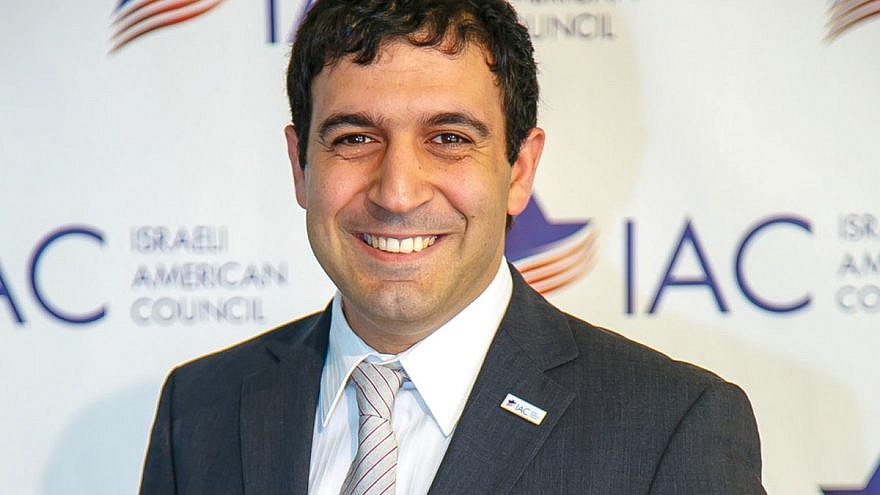Shoham Nicolet, co-founder and CEO of the Israeli-American Council (IAC), is not particularly interested in talking about what’s dividing Israelis and American Jews.
“We’re not focusing on the rift between U.S. Jewry and Israel. Honing in on that only produces a sense of discord and doesn’t foster connectivity,” Nicolet told Israel Hayom. “The bottom line is this: U.S. Jewry and Israel have a lot in common in terms of values and depend on each other. Anyone who is talking about a ‘divorce’ between these communities is causing damage to both.”
These commonalities will take center stage in Hollywood, Florida on Dec. 5-8 during the IAC annual summit, where thousands of American Jews and Israelis are expected to be in attendance.
Unlike many other pro-Israel organizations, IAC is entirely apolitical. The organization addresses issues that pertain to strengthening Jewish identity in the next generation, boosting Israeli-U.S. Jewry connectivity across America and combating the BDS movement.
“Israeli Americans could have taken offense to this and gone off to build a closed and insular community. Instead, we never complained, and this is because we love Israel and we know how critical it is to us, to our children and it behooves us to take the high road,” said Nicolet.
That approach has paid off. Since its establishment 12 years ago, IAC has amassed quite a following—so much so that even President Donald Trump took notice; he is scheduled to address the IAC summit.
“We’ve become a significant force and today are seen as a strategic asset,” said Nicolet.
Today, the IAC boasts 20 branches across the United States, with two more slated to open in 2020. Some 200,000 participants take part in IAC-sponsored events throughout the year and the organization is active in 80 communities and 100 campuses in the country.
“This will change U.S. Jewry,” Nicolet predicted. “This kind of growth is unusual. Our participants internalize our values and make it their personal mission to advocate for Israel and their Jewish identity.”
When it comes to BDS, IAC has demonstrated that a grassroots, on-the-ground approach is most effective.
This community mobilization went into effect when California tried to implement an ethnic studies curriculum that had an anti-Israel and anti-Semitic bent.
A week after that curriculum was announced, IAC recruited thousands of supporters who sent 20,000 letters to thought-leaders across the state, which caused the problematic curriculum to be shelved even before it reached its review deadline.
With more than 20 percent of the organization’s participants being American Jews, Nicolet points out that their connection to Israel goes beyond politics. For example, many choose to focus on the joint heritage between Israelis and American Jews or the innovation coming out of the Start-Up Nation.
It is fitting, then, that the summit’s slogan this year is “Israel Together.” The tension between Israel and American Jewry is at an all-time high. However, with IAC’s rapidly-growing national summit and its year-long programming, the IAC brings participants from diverse backgrounds, with opinions that span the political and religious spectrum.
Of course, Nicolet is acutely aware of critics who wonder why an organization with such an Israel-centric mission is based in the United States, but he sees IAC’s position as a strategic asset.
“We understand both cultures and communities, and are becoming a strategic gateway between U.S. Jewry—and America in general—and Israel,” he said. “Of course, there are various challenges that will impact the relationship between Jews in Israel and Jewish Americans, but we’re putting the spotlight on opportunities for connectivity, not polarization. Our vision is a Jewish state and a Jewish people that are bound together.”
This article first appeared in Israel Hayom.


























